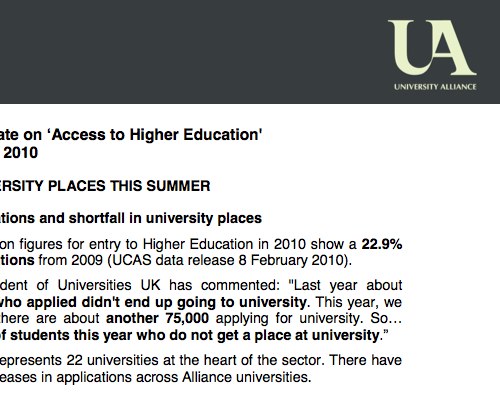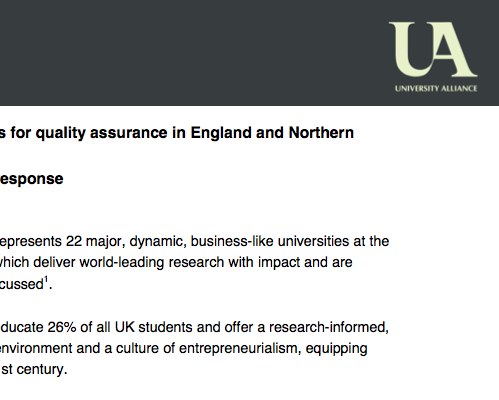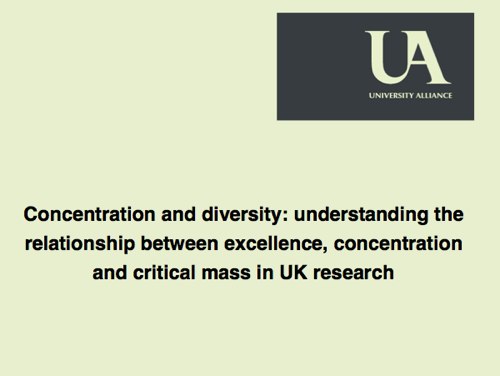THE: Mission groups call for higher fees
…the point of use”. “Government could achieve an overall cost reduction in comparison to the current system, whilst still providing loans to cover the full tuition fee, even up to a fee of £9,000 per year, if necessary,” the document claims. But Aaron Porter, president-elect of the National Union of Students, said this could lead to students accruing debts of more than £40,000. Removing the cap on fees would expose students and their families to “…





